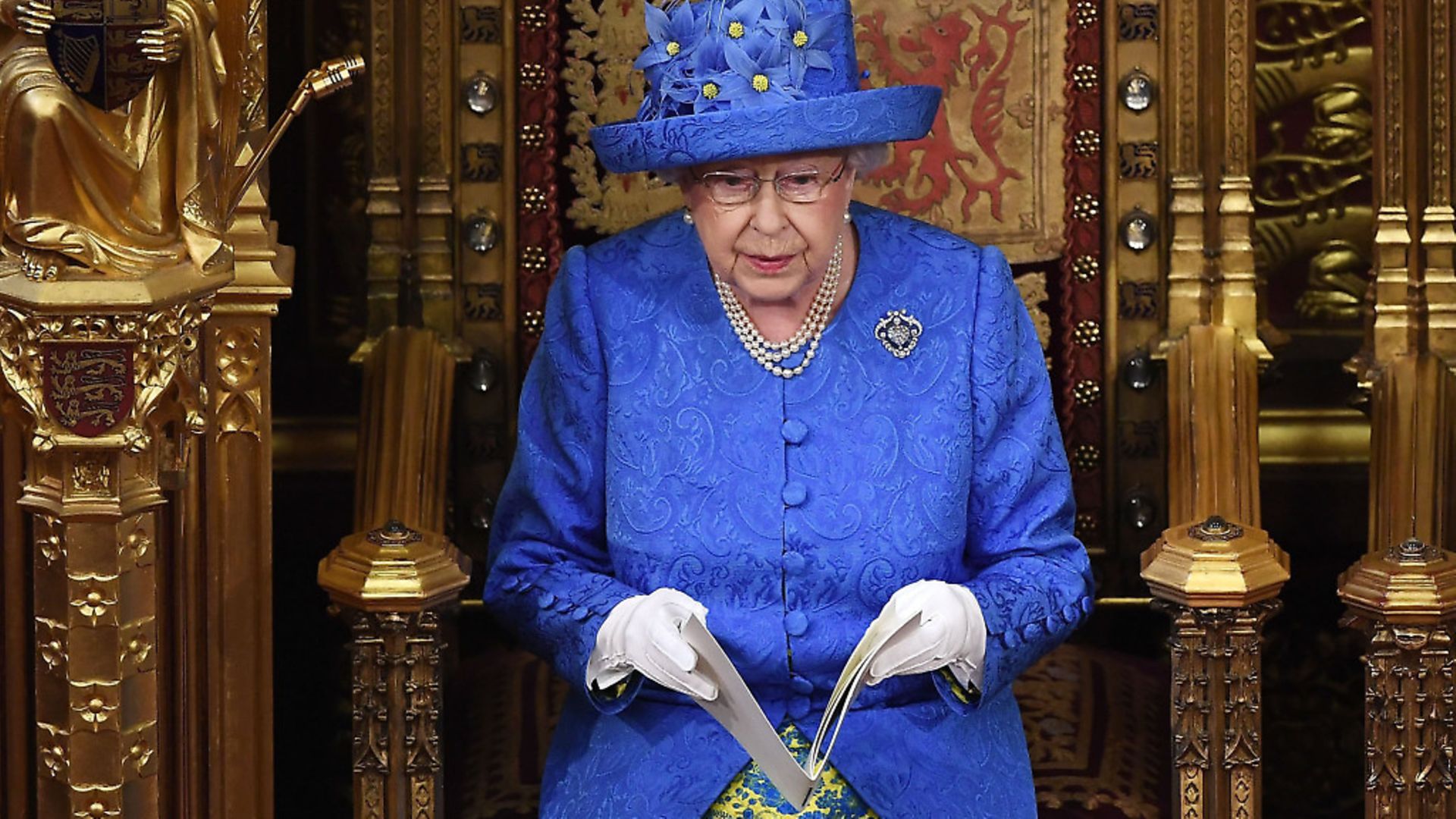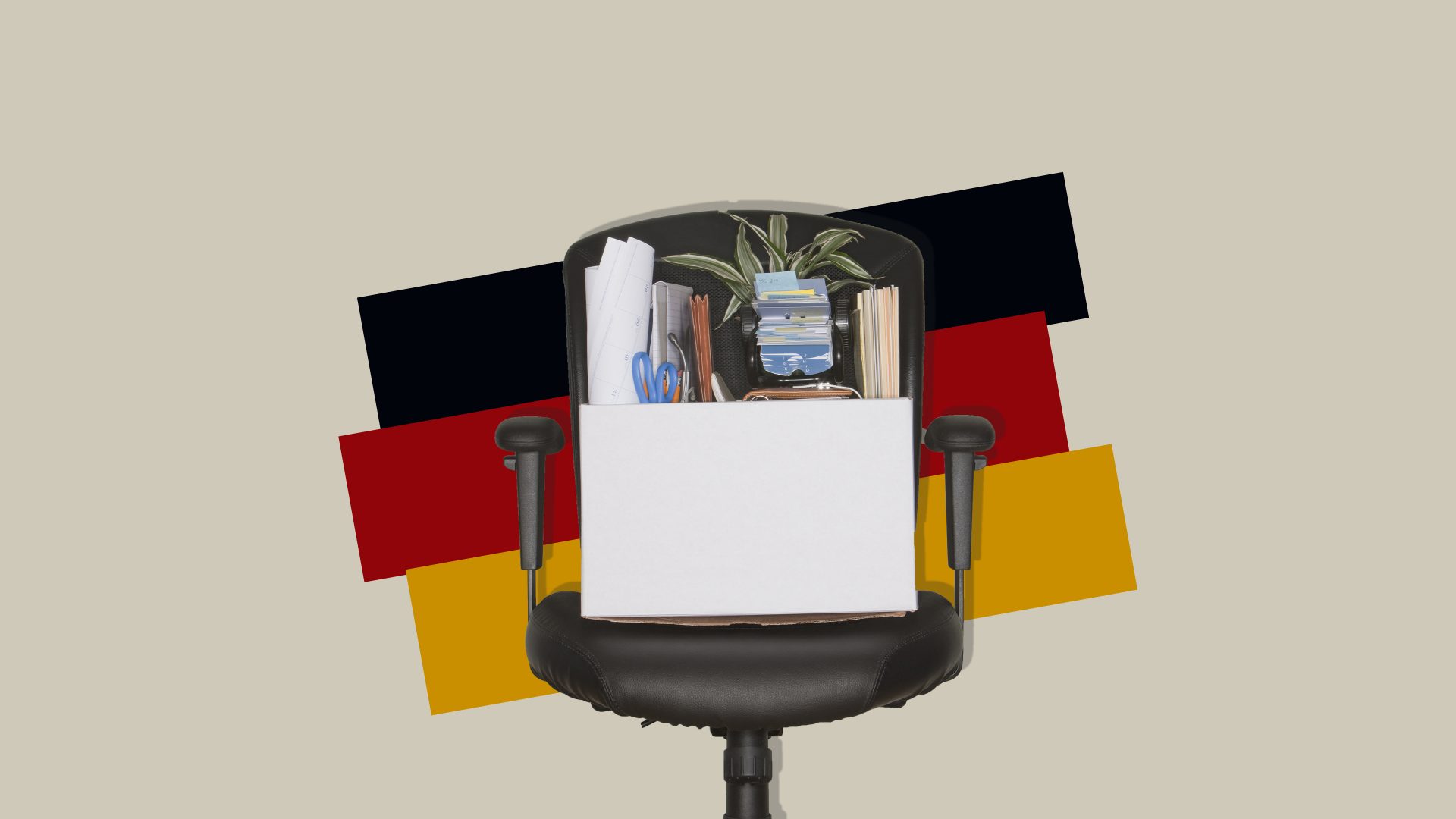Clive Irving’s analysis of the failing monarchy (“The winter of the House of Windsor,”, TNE #287) failed to consider two of the main problems of the very existence of a monarchy in a properly functioning democracy.
The first is the continuing power and influence (often unseen) of the monarchy in our constitution. And the second, the acceptance as the norm of a hierarchical society based on the right of birth, with its inherent twin evils of entitlement and deference.
This state of affairs was neatly demonstrated by the attempt to prorogue parliament. The outcry was not that an unelected and unaccountable person had the power, just by accident of birth, to dissolve our legislature, but that the Queen (no less!) had been lied to.
Until our monarchy is replaced with a properly elected, transparent and accountable head of state then the UK can not count itself as a modern functioning state. Indeed it may be already too late and the only answer is for each of the constituent parts of the UK to take their own path and create the state that they feel truly reflects and serves them.
Andre D’Ambra
Swansea
As with the ambitions for Channel 4, we should privatise the royal family so they can better compete with the Kardashians.
Simon Pass
Via Facebook
Clive Irving’s criticism relating to the memorial service for the Duke of Edinburgh is unjustified. It is entirely appropriate that Prince Andrew, as his son, should have attended the service. It is equally appropriate that, his mother being frail and in need of some support, he should be the one to give that support.
Her other children who attended had their own partners to be with; Andrew was on his own. Who else should have given an arm for the Queen? It would have been weird for anyone else to have done so in the circumstances. The memorial service was the nearest the royal family could have had to a private celebration; memorials are usually for family, friends and colleagues and not the wider public.
So in that sense, this was not a public occasion and Prince Andrew’s presence and role, whatever he may or may not have done, was appropriate.
Malcolm M Caporn
Aston-on-Trent, Derby
The future of the monarchy is discussed a lot here in Scotland at present. Will we or won’t we leave the UK as a consequence of being dragged into a Brexit which we voted decisively against, after a factor in agreeing to remain in the UK in 2014 had been the unionist claim that we needed to stay in the UK to stay in the EU? If we leave the UK, will we or won’t we remain in the British Commonwealth or would we become a republic like Ireland?
There is a lot of love here in Scotland for the dear old Queen Elizabeth, but lesser enthusiasm towards her descendants.
Alexander Cunningham
As a republican, I find it surprising that Bonnie Greer simply accepts the rejection of an elected head of state for this country by people she describes as “highly intelligent” (“Royal blues”, TNE #286). Perhaps these people don’t realise that having a president does not have to mean having a presidential system such as the US or France.
In a parliamentary democracy, there is no technical problem in arranging a constitution for an elected head of state to have strictly defined and limited powers. How a president is chosen is a matter for a new and written constitution, long overdue in the UK, but we could look to Germany, Austria or Ireland, for example, to see how it works.
Yes, there have been one or two dodgy presidents there, but in general, such an arrangement has worked remarkably well.
Bill Cooper
Kinross
Powerless UN
I couldn’t agree more with James Ball on the United Nations (“The UN gets little respect.. It deserves less”, TNE #287).
The UN is a complete waste of money, its operations are hypocritical and the security council, for obvious reasons, is farcical. It is pointless.
Nigel Hurst
Luppitt, East Devon
The United Nations is a forum, its purpose is to maintain communication lines between countries. It’s not meant to be a world police and doesn’t have the powers to be so unless there’s almost unanimity in any specific resolution.
Despite its shortcomings, it’s better that it exists than not. Could it be better? Of course, but members need to give it that power.
Pedro Castro
Via Facebook
Unwise words
Nigel Warburton writes that wisdom comes with old age (“Everyday Philosophy”, TNE #287). He definitely doesn’t know my 86-year-old ex-mother-in-law.
Monique Waninge
Via Facebook
French drama
Re: “After Macron, the deluge” (TNE #287): If the French of immigrant origin become more politically active and culturally relevant, and more immigrants become French, there will never be a Le Pen, ever!
That’s why fascists hate these people so much, like they hated Jews. A world safe for peace and democracy is within reach.
Lorenzo Luis Albano Farias
Via Facebook
The French population is ageing, and not enough babies are being born to replace the old generations. The proportion of old, rigid and ill voters will grow, and it will have a horrible impact on society.
Also consumerism is dumbing lots of younger people as well. Welcome to Hell.
Julia Kovacova
Via Facebook
Maybe it’s the constant need for hyperbole and drama but the predictions in some of the UK media of a “dangerously close” race between Macron and the new, slightly sanitised Le Pen seem over-stated. It could be that – as with the assumed shoo-in of Ed Miliband that never happened – sometimes those who think they are in the know just aren’t.
Yes, the next round could go against all historical precedent and she could win, but it is not looking that way. I’m more inclined to the old adage that “misery loves company”. As we have a right wing blond nutter in charge and wrecking the UK – maybe some elements would just feel better if our nearest neighbour did also.
Amanda Baker
Edinburgh
Truth be told I’m pleased that Alastair Campbell’s Diary (TNE #287) linked Speaker Lindsay Hoyle and lying. To insist that MPs must not accuse a serially mendacious prime minister of dishonesty and to then punish the whistleblower for telling the truth about the lying is very wrong.
Hoyle barred Dawn Butler from the Commons after she gave a factual list of Johnson’s lies. He said: “It’s not my job to ensure ministers tell the truth”.
In my view the Leader of the Opposition should have immediately withdrawn Opposition members from the Commons, and invited honourable Tories to join them. Ignoring lying by the PM and other ministers brings parliament into contempt.
Tony Olsson
Kirkby-in-Ashfield, Nottinghamshire
Working week
A four-day week (“Less is more”, TNE #287) has been the trajectory of working hours for a very long time as mechanisation and automation have replaced muscle power. Makes perfect sense.
Dave Mick
Via Facebook
A four-day week is a good start but it alone is not going to solve our future work problems. The age of automation will leave millions of us unemployed or working in low-wage service industry jobs.
The solution is a Universal Basic Income that guarantees a liveable amount of money for everyone, thus circulating cash back into the economy, while allowing the unemployed to take part-time work without sanction.
Julianne Mount
A four-day week could work with the NHS and teaching if staff worked staggered days rather than blocks of four. The NHS already does this for nursing and auxiliary staff, the only change would be for consultants.
Simon Richards
Via Facebook
Raisin Cain
Carrot hot-cross buns with whipped Hebridean blue cheese (“Taste Of Europe”, TNE #287)? What’s wrong with raisins and cinnamon? If you don’t want a hot cross bun, have something else by all means, but don’t make something else and call it a hot cross bun!
Andrew Ferry
Local pride
I really enjoy Tanit Koch’s “Germansplaining” column. As a regular visitor to Germany over the past 60 years, I have always been struck by the strong sense of local and regional identity and pride shown by almost everyone I have met.
My German friends – all from around Stuttgart – identify themselves as Swabians in the first instance, and overtly German mostly only when the Olympics, World Cup or other major event is taking place. They also see themselves as Europeans.
It would be interesting to read Tanit’s take on the impact regional identity has on politics, especially given the role and influence of the states (Länder). There is in my view a close link between this strong regional influence and the German election system, which appears to make interest in politics and voting much more important, serious and meaningful for individual people.
There are times where the views of the Länder clash with those of the federal government, leading to delayed or compromised decisions – but doesn’t that make for a broader and healthier debate at national and regional levels, and an overall system of government more representative of the people?
Perhaps there’s a wider piece to be written about regional identity translated into regional representation and influence and accountability at national level? This contrasts strongly with the UK, where centralisation of power is increasing despite the same strong sense of regional identity evident in areas such as the north-east and south-west of England and, of course, the UK’s other three nations.
One conclusion might be that levelling up, for example, will only really be achieved by introducing strong regional structures and decision-making powers.
Phil Green
In “German cuisine” (TNE #285) Tanit Koch states: “I don’t recall traditional dishes mentioned [in the weekend foodie supplements] at all, apart from the odd Apfelstrudel.” Subsequent letters have added points, but surprisingly no one has referred to that staple of UK pastry shops, Schwarzwälderkirschtorte (Black Forest cherry cake). I agree with her predilection for Reibekuchen, but – achtung! – they are often called Kartoffelpuffer, and in Bavaria Reiberdatschi.
Rodney Mantle
Twickenham
Empire states
Peter Trudgill (“Britain’s little Bengali houses”, TNE #287) assigns the partition of Bengal to 1947, but it started in 1909 with a British decision to divide and rule by putting Muslims and Hindus on separate electoral rolls. Things got worse in the second world war, when Congress leaders were detained and the Muslim leaders were free. When partition was decided in 1947, Nehru promised that India would be secular, but now Hindu nationalists have taken over, and we have a Hindu state in conflict with a Muslim state, both with nuclear arms. The long reach of empire!
PJ Stewart
Boars Hill, Oxford



